FAQs: Medicaid & Long-Term Care
How can you protect your assets from Medicaid?
Gifts and annuities: for a single, unmarried person, a popular solution is to gift about half of your assets, then use the other half to buy a Medicaid-qualified immediate annuity. This annuity can be used to pay for care until you qualify for Medicaid.
Spousal annuity: married couples can protect assets from the cost of care for the ill spouse with a Medicaid-qualified annuity.
Personal care agreement: if you pay a caregiver pursuant to a written agreement, Medicaid will not consider this amount to be a gift.
Exempt transfers: assets transferred to certain recipients – like a spouse, disabled child, or into a trust for a disabled child – will not prevent you from qualifying for Medicaid.
Are Medicare and Medicaid the same thing?
No. Medicare is a federal government program that works with Social Security to pay for doctors, hospitals and prescription drugs. Medicare only pays for temporary stays in a nursing home for rehabilitation or recovery after an illness or injury. Medicare dos not pay for long-term care.
Medicaid is a state and federal government program that pays for long-term care for people who are eligible. Eligibility for Medicaid is based on medical necessity and on your assets and income, and it can pay for long-term nursing home care or nursing care at home. At Rafferty Legal, we work with clients to help them qualify for Medicaid.
Can I purchase long-term care insurance?
Yes. Purchasing this insurance is less expensive if purchased while you are younger, and varies in price depending on your age, the benefit amount, and duration of benefits. There are other features that can add to the cost as well. If you are interested in discussing the purchase of long-term care insurance, let us know. We work with some excellent professionals who will be able to help you determine if it is right for you.
Will my kids have to pay for my long-term care medical bills?
Those not eligible for Medicaid benefits sometimes rely on their children to help pay for care. In Pennsylvania, although infrequent, nursing homes sometimes sue children to pay for their parent’s care. Planning so that nursing homes get paid for care is the best way for children to avoid liability.
Will Medicaid take my assets after my death to pay for my care?
It is possible. Medicaid has what is known as Estate Recovery, however, most often money is only taken following the Medicaid patient’s death from probate assets. Non-probate assets are not subject to Medicaid’s Estate Recovery. For an explanation of probate and non-probate assets, click here. If you would like help creating a plan to minimize this risk, give us a call (724-520-2222) or click here to schedule a consultation.
Will my spouse lose our home if I have to go to a nursing home?
No. If you are in a skilled nursing home and your spouse remains at home, your spouse will not lose your home. Your home is exempt from Medicaid. In fact, you can qualify for Medicaid benefits for long-term care, and the spouse still living at home may keep one half of the available resources, subject to a minimum and a maximum. To maximize savings, it is best to hire an experienced elder law attorney.

